Reading Readiness: The Top 5 Skills
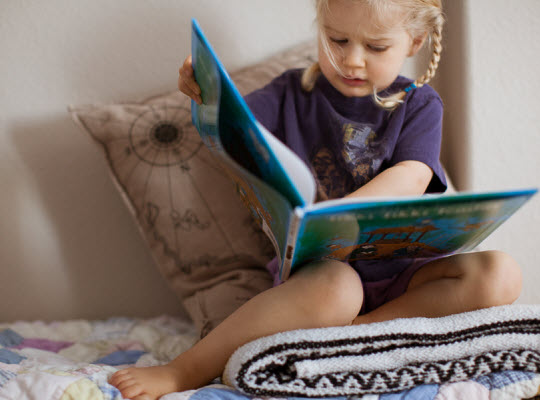
Did you know that there are five skills your child should master before you begin formal reading instruction? Because these reading readiness skills are so important, we call them The Big Five Skills.
Although much of your child’s learning comes naturally as he plays and experiences life, there are some skills, like reading, that must eventually be taught. That may feel a little scary, but if you’ve taught your child how to pick up his toys or put on his socks, you can teach your child to read, too!
In this post, you’ll learn about the skills for reading readiness, and you’ll discover more than twenty fun ways you can help your preschooler or kindergartner develop in these areas. Let’s dig in!
5 Critical Skills for Reading Readiness
Print Awareness
Print awareness is the understanding that the print on a page represents words that have meaning and are related to spoken language.
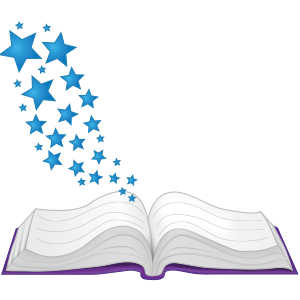
To develop this skill:
- Help your child learn how to hold a book correctly.
- As you read books together, emphasize the fact that you’re reading from front to back and from left to right. Let your child turn the pages.
- As your child helps you in the kitchen, point out the names on the food boxes and cans and the ingredients as you read your recipe.
- Point out and read road signs and store signs as you travel in the car.
-
Letter Knowledge
Letter knowledge enables a child to recognize the letters of the alphabet and to know the names and sounds of each.
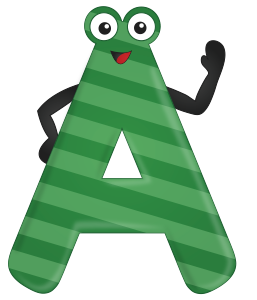
To develop this skill:
Phonological Awareness
It’s a big term, but it’s really quite basic. Phonological awareness is the ability to hear and identify the various sounds in spoken words.
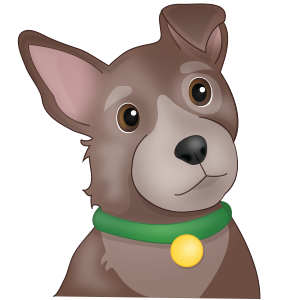
To develop this skill:
- Read lots of nursery rhymes and rhyming picture books together. Encourage your child to anticipate rhyme as you read together.
- Play clapping and rhyming games like Miss Mary Mack and Pat-a-Cake.
- Sing silly songs by changing the first sound in some of the words. For example, sing, “Bingle bells, bingle bells, bingle all the bay,” or “If you’re chappy and you chow it, chap your chands.”
- Play games that encourage children to identify words that begin with a specific letter sound. For example, say, “I spy with my little eye a color that starts with /r/.”
Listening Comprehension
Listening comprehension is the ability to understand the meaning of words heard and to relate to them in some way. A child with good listening comprehension has a wide vocabulary and a growing understanding of the world around him.
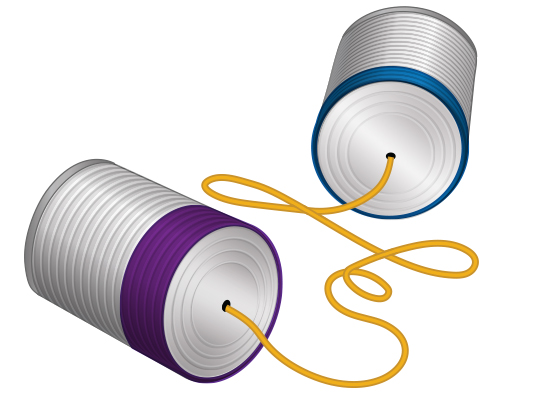
To develop this skill:
- Read aloud to your children daily. Read books that are in line with your child’s interests so he begins to realize that there is a benefit to learning to read.
- Encourage even young children to interact with books.
- Attend story time at the library.
- Let your child see you enjoying books.
- Make read-aloud time an enjoyable shared time. Here are some picture book lists to get you started.
Motivation to Read
Motivation to read is a child’s eagerness and willingness to read.
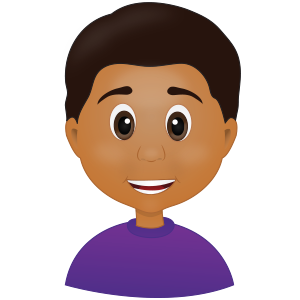
To encourage your child:
- Read both fiction and nonfiction books to your child.
- As you read, ask open-ended questions. For example, ask “What do you think is going to happen when we turn the page?” or “Why did the boy go outside?”
- Use everyday life experiences to build your child’s vocabulary.
- Encourage imaginative play and storytelling.
Determine if Your Child Is Ready to Read
Have you been working to help your child develop these important pre-reading skills? If so, it’s very possible that your child is ready to begin formal reading instruction. But if you’re not sure whether your child is ready, complete this checklist to measure your child’s reading readiness:
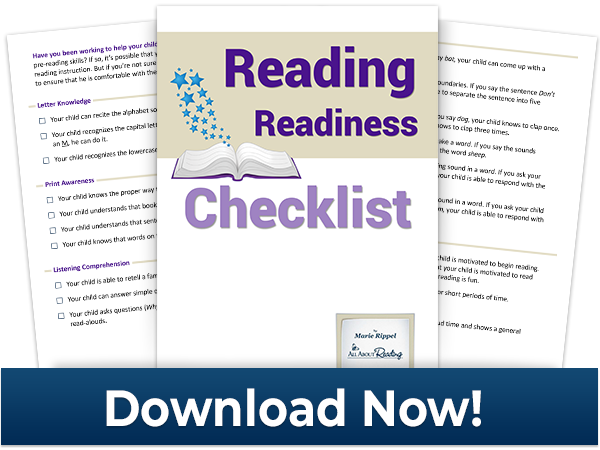
After completing this checklist, you’ll be able to identify the pre-reading skills that your child still needs to work on. The All About Reading Pre-reading program makes it easy to fill in the gaps and get your child ready to read. Is your child already ready to read? If so, All About Reading Level 1 is the perfect starting point!
One Final Note
I’m a strong believer in letting kids be kids and not pushing academics too early. But I also know from extensive experience that most kids don’t develop reading readiness skills on their own. The All About Reading Pre-reading program strikes a good balance. In about 15 minutes per day (depending on your child’s attention span and abilities), this easy-to-use curriculum helps children develop all five of the Big Five Skills. The program includes crafts, rhyming and word games, alphabet charts, and lots of playful activities. And if you’ve never met Ziggy, you’re in for a treat!
The majority of a young child’s day should be filled with play, real-life activities, and physical exploration. Add in just a touch of daily intentional instruction in these five reading readiness areas, and your child will have a huge advantage when it comes time to read.
Do you have questions about reading readiness? Post in the comments below or contact us!
Photo credit: Rachel Neumann




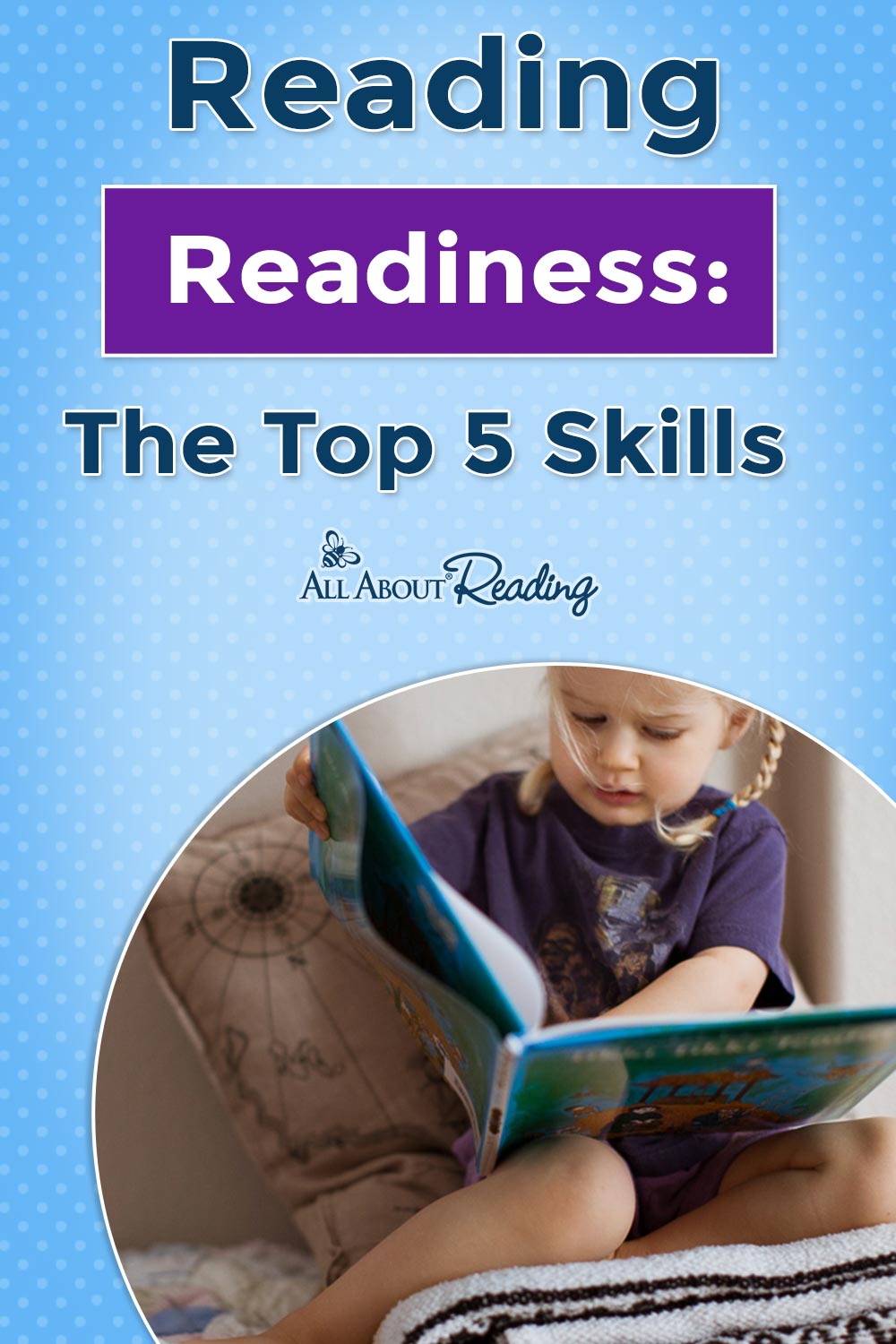







Bernice Meyers -Artis
says:I thought that information was so helpful in preparing my granddaughter for reading.
Robin
says: Customer ServiceI’m glad this was helpful, Bernice!
Melissa
says:What do you do with a nearly 7yr old who has gone through the pre-reading program, knows his letter sounds, can read cvc words, understands how to read, but who absolutely hates it to the point that we’re going into year 2 of level one and we’re still just on lesson 12. He’ll stretch doing 10 review flash cards into 20 minutes and we don’t seem to be getting anywhere… The first few stories have taken well over an hour each. He does have inattentive ADHD which doesn’t help. I’m at a loss of how to motivate him, since he refuses to focus and will instead try to talk about anything else and just squirms about the whole time. He’ll sit calmly for most other subjects and for read-alouds if we do them at bedtime. HELP! Do I still just stick to 20 minutes even if we’re only getting through 1-2 lessons a month?
Robin
says: Customer ServiceMelissa,
Yes! It is even more important to keep your daily reading time short with a student with ADHD!
Set a timer and let him know that you will stop the reading lesson when the timer goes off, no matter what. There is a tendency when a child gets distracted or goofs off to want to extend the time, but I strongly urge you not to do that. First, children do not learn when their attention span is exhausted. Anything you do after that point is wasted time. Second, an ADHD child cannot help distractions and are physically unable to bring their focus to bare at times. Penalizing him for something beyond his control won’t help. Third, knowing that reading sessions will end at a set, short time actually helps such children to focus better. It removes the “this will go on forever” feeling that causes hopelessness in some. Lastly, short reading sessions will make the process more enjoyable for both of you. When learning isn’t dreaded by student and teacher, it is much, much more effective. After a few times of stopping when the timer goes off, no matter how much he has to be redirected to the lesson because he is talking about something else, I think you will see improvement.
But, just as you need to keep the reading session to just 20 minutes (or less if he grows frustrated or tired), it is of vital importance that you work on reading consistently. Ideally, he should be working on reading 5 days a week, and definitely no less than 4. And I’ve known some families with struggling learners that do quick review games on one or both days of the weekend as well. Far more progress is made in the day-to-day consistency than in longer reading sessions less frequently.
From what you describe, with your student needing a full 20 minutes to read 10 Word Cards and an hour to read a story, it will be best to restart at Lesson 1. It will be review, but that can give confidence. Proceed to the next lesson ONLY when he can sound out the words easily, somewhat quickly, and without any help. On average, children need 2 to 3 day per lesson to master the material, and children with learning disabilities often need twice that.
Lastly, consider trying your 20 minutes of reading time at different times of the day to find what time is best for him. Most people are better able to focus at one time of the day over others, but this seems even more pronounced for children with ADHD. My son that struggles most from ADHD was absolutely useless after lunch for any type of learning that required good focus, and that continued for him through high school. So, we scheduled all the hard things (math, writing, science) in the AM and put things he found easier (history, elective) in the afternoon.
I hope this helps, but I am very eager to hear how things go over the next week. If you would like more help or ideas, please reach out to me. I’m available here, but if you prefer a more private conversation, you can email me at support@allaboutlearningpress.
Jan Lynn Erie
says:I’m looking for a printed hand print that has on the thumb and each finger what you do to get ready to read a story I know one of them is make your mouth form. The letter and one of them is look at use the pictures to help you understand what the story is going to be about there are three other ones and I cannot remember them. Do you know about anything like this? I am a retired teacher and I’m trying to help a child read. Thank you.
Robin
says: Customer ServiceJan,
I’m sorry, but I’ve not seen or heard of what you are describing.
A
says:I’m using this checklist to tutor a child who has great letter knowledge and listening comprehension, but struggles with print and phonological awareness. Our sessions are only 30 minutes and guardian expects us to read books–any suggestions?
Robin
says: Customer ServiceI recommend decodable readers, so your student is only reading stories that he or she can decode each word. No strange phonograms, sight words, or advanced concepts included. Check out our article Decodable Books: Why They’re Important for more information and samples.
JG
says:Thanks for the list of concrete skills my little one needs for reading readiness. It helps to know where to focus!
Kayla Villarreal
says:Thank you
This is very helpful!
Robin
says: Customer ServiceYou’re welcome, Kayla! Glad this was helpful.
Abby
says:Helpful article and thankful for the printable checklist. I’ve got four boys age 6 and under and I can tell this is going to help me slow my roll on trying to do a more traditional approach to teaching and just make it more fun for everyone! Thanks!
Robin
says: Customer ServiceYou are so welcome, Abby. I’m happy this will be helpful for you in getting your children ready for reading success!
Heather
says:When my second oldest was 3, I found her trying to sound out the word “triangle” one morning. I handed her a Bob book instead, and away she went 😄.
Robin
says: Customer ServiceOh, my! Sounds like she was super ready, Heather! What a great story!
Emily
says:This list is really helpful. I’ve been wondering when my son will be ready since he knows most of the letters and sounds, but this gives me more to work on with him before trying to jump in to reading.
Robin
says: Customer ServiceI’m glad this is helpful for you, Emily! Yes, there is more to being ready to learn to read than just knowing letters and sounds.
Let me know if you need help or more ideas for setting your son up for the best reading success!
Megan
says:The only thing holding me back on starting my preschooler on your reading program is the phonological awareness. She still doesn’t seem to be able to recognize 1st and last sounds in words. She’ll look and me and say, “D -D – Mommy!”
Robin
says: Customer ServiceOh, that is cute, Megan! I’ve known more than a few children that did that sort of thing.
If you haven’t seen it already, check out the “Go Find It” game on our Fun Ways to Develop Phonological Awareness blog post. This game is fun, and it will also give you ideas for how to play similar games as you go for walks, take a drive, or whatever.
Start with first sounds, as they are easier than last. Also start with sounds that can be held out, such as vowel sounds, /f/, /l/, /m/, /n/, /s/, /sh/, /th/, /v/, and /z/. Then, when you say the word, hold out that first sound. Ask, “What is the first sound in aaaaant? Aaaaant. Lead your child to the correct answer at first! The concept can be as difficult to understand as the sound is to identify for some child. Once your child can identify the first sound in words that start with a sound that can be held out, then work on other sounds. “What is the first sound in the word tip? Tip.”
Only when she has mastered those, move to the last sound. And once she has some success with the last sound, you can start All About Reading Level 1.
Also, our Pre-reading Level works extensively on all the phonological awareness skills, including first and last sound. It may be helpful for your child to work through that level.
Let me know if you have questions or need anything else.
Leslie sotero
says:I’m so excited for my son to begin learning to read with all about learning press
Abby
says:Is there an age that’s “too young” to start? My almost 5 year old is very eager to learn how to read on his own
Jane
says:I just got the pre-reading curriculum and my son was excited to start right away. This list is helpful to confirm that he’s ready.
Robin
says: Customer ServiceSound great, Jane! Let me know if you have questions or need anything.
Jessica Hickey
says:Thank you, I can’t wait to start pre reading with my youngest. This is helpful.
Robin
says: Customer ServiceI’m glad this was helpful for you, Jessica! You’re welcome.
Aiden
says:This list was really helpful! My son has been saying he wants to learn to read and this helped show me we’re on the right track and ready to start! Thank you!
Robin
says: Customer ServiceYou’re welcome, Aiden! I’m glad this helped.
Melanie
says:We have a game that my mum reminded me about. “I’m thinking of a word that sounds like mouse, we live in it, it’s called a ……” Then use whatever words and descriptions needed to get them to guess the word. My youngest can’t quite wrap his head around rhyming yet, so we are working on games like that. Love these suggestions here.
Robin
says: Customer ServiceThat sounds like a great game, Melanie! I hope you find these suggestions helpful as well. However, if you need more help or have specific concerns, please let us know. We are happy to help!
Heather
says:We love this curriculum and have taught it to two of our children so far!
Nicki A.
says:Great information as I plan curriculum with an upcoming kindergartener in the mix!
Robin
says: Customer ServiceGlad this is helpful, Nicki! Let me know if you have questions about placement for your kindergartener or anything else.
Megan
says:We’re plugging away on the phonological awareness (and have been for a long while) and I’m hoping the desire to read develops. He loves to be read to. I’m frustrated with how it’s going at kindergarten. My kindergartener shouldn’t already be telling people that he’s “bad at reading.”
Robin
says: Customer ServiceOh, I’m so sorry to hear your little learner already has a poor self-image regarding reading, Megan! How sad!
Has anyone else in your family ever struggled with reading? With my own struggling learning, know that his dad and his grandma, and his great-grandpa all struggled helped him so much! (Dyslexia runs in my husband’s side of the family.) All these people struggled, but became strong, success people, so my son knew he could do it too.
I would love to help you further with tips and recommendations specific to his needs. You can email with your concerns and questions at support@allaboutlearningpress.com, if you like.
Sandy
says:This is a great list. So often we as homeschool parents want to jump right into reading without giving our kids a firm foundation to build on.
Robin
says: Customer ServiceYes, such a great point, Sandy! And it’s not just homeschool teacher’s that assume if a child knows letters he or she is ready to read. Many just aren’t aware of all the foundational skills necessary for a child to have success reading.
Melanie Gibbs
says:I love this article!
Robin
says: Customer ServiceThank you, Melanie!
Sarah Huffman
says:These tips are so helpful! Relieved to find we naturally do many of them, but also excited to try a few new ones!
Robin
says: Customer ServiceI’m glad these tips are helpful for you, Sarah! Yes, many children develop these skills naturally through play and fun activities, but some children need more explicit instruction to master them.
Amber
says:I love watching the fruit of this labor in my daughter now in level 2 of AAR! She loves to read – and it started with so many of these practical ideas!
Robin
says: Customer ServiceThis is so wonderful to hear, Amber! Thank you for sharing.
Hanna
says:This curriculum looks great!
Robin
says: Customer ServiceThank you, Hanna!
Megan
says:So thankful for this curriculum! It has brought my guy so far in such a short time.
Robin
says: Customer ServiceWonderful to hear, Megan! I’m glad your student is making good progress!
Typhanie
says:Such a great post, and a great reminder to remember to meet children were they are!such a great post, and a great reminder to remember to meet children where they are
Robin
says: Customer ServiceThank you, Typhanie.
Lisa
says:Interesting suggestion to start in different places of the alphabet when singing the alphabet. What is the reasoning for that?
Robin
says: Customer ServiceGreat question, Lisa!
As children become good readers and spellers, alphabetizing will become an important skill. Some children find they have to sing the entire Alphabet Song starting at A to be able to alphabetize, and that can make alphabetizing really slow. Needing to know where T comes in relation to R would mean singing 3/4s of the song!
But starting at other spots can make the alphabet easier and alphabetizing quicker. If a child needs to know where T fits in, she can start singing at Q.
However, I caution to only do this after the child can sing the entire alphabet song pretty well by herself. Then start introducing the idea of singing it starting at other places in the alphabet.
I hope this clears up the reasoning for that. Let me know if you have questions.
Cheryl Del Valley
says:Wow, I am 56 years old and homeschooling for my first time with my youngest child age 4 years old and I am a very good speller and love reading but I still sing the ABC’s to be able to alphabetized anything. Now I know why and how this would help our kiddos not to do the same. AMAZING Thank you both, one for asking and one for answering.
Robin
says: Customer ServiceYou’re so welcome, Cheryl! I know a few adults and teens that have to do the same, so I understand the importance of being able to start the song in a few different places. The song as a few natural places that are easier to start at than others: A (of course), H, Q, and W. I know there is a musical reason for this, but I don’t know what.
Aimee
says:This is so helpful. I have a 5 year old wanting to read so this list gives me the confidence of what she has learned so far and ready to start Level 1.
Robin
says: Customer ServiceI’m glad this was helpful, Aimee!
Vanessa
says:This is great!
Diana Hernandez
says:Started lesson one yesterday of AAR1 and my 5 year old loves it!!!